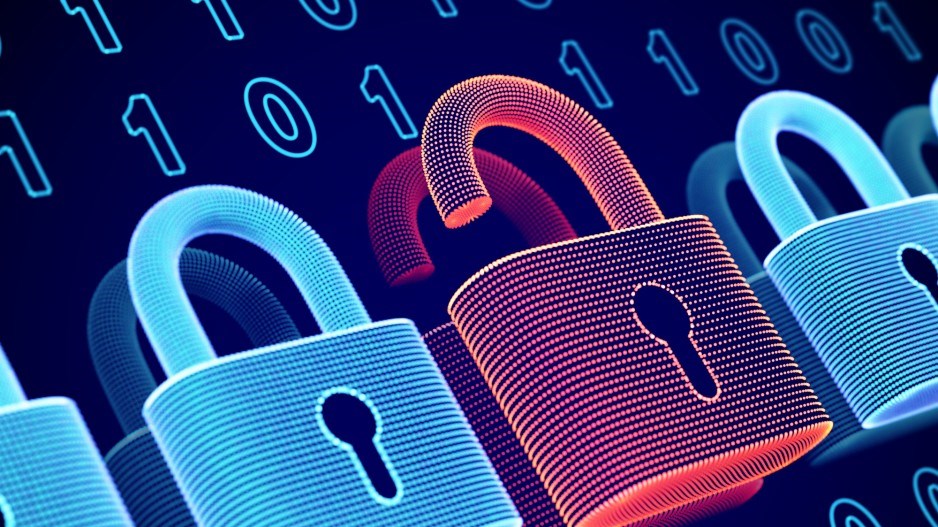The privacy protection, and by extension physical safety, of school-age B.C. children is being jeopardized by a patchwork of protections in the school system, says a report released Sept. 17.
The warning comes from the BC Freedom of Information and Privacy Association (FIPA) in the report, Troubling clouds: Gaps affecting privacy protection in British Columbia’s K-12 education system.
The report said in its embrace of digital tools and smart technology to help students “thrive in an increasingly digital world,” the provincial government is engaging in a form of contracting out work through which students’ information becomes susceptible to use by bad actors.
“The government is setting the system up for failure,” FIPA executive director Jason Woywada said. “Without the resources, guidance and supports they need, teachers, schools and districts are making the best of a bad situation. The result puts personal information in the system at risk.”
While the research culminating in the report began in 2018, the report notes increasing digitization of schools and workplaces has come of age during the pandemic.
FIPA said the public health emergency led to closure of schools was combined with the temporary loosening of privacy safeguards to facilitate students’ and teachers’ use of online platforms and applications.
With schools reopening, there are concerns about how students will be physically protected. This report reveals that, whether online or in the classroom, student privacy is being sacrificed by a patchwork approach. It highlights the need to develop systematic solutions for managing the risks going forward.
FIPA has put together four areas of recommendations to protect those involved in greater technologically based school activities.
“Education shouldn’t come at the expense of teacher and student privacy,” Woywada said. “The recommendations are easily acted upon. Taking these steps will help ensure education doesn’t jeopardize the personal information of the students, parents and educators in the system.”
The recommendations include:
- the Ministry of Education playing a greater role in procurement of cloud computing services to maximize resources, exchange knowledge and develop best practices for privacy risk management;
- B.C.’s Office of the Information and privacy Commissioner being involved in international discussions on online learning
- school boards ensuring they have information technology and privacy expertise necessary to do privacy assessments, use internet platforms and software without compromising students’ privacy rights or shifting the privacy risk management burden;, support teachers and have valid consent from students and guardians, and;
- Ministry of Education and school boards strengthening co-ordination to deal with supervisors, exchange information on internet platforms and software applications and taking feedback from students, guardians, and teachers.
The Ministry of Education was not immediately available for comment.
@jhainswo



